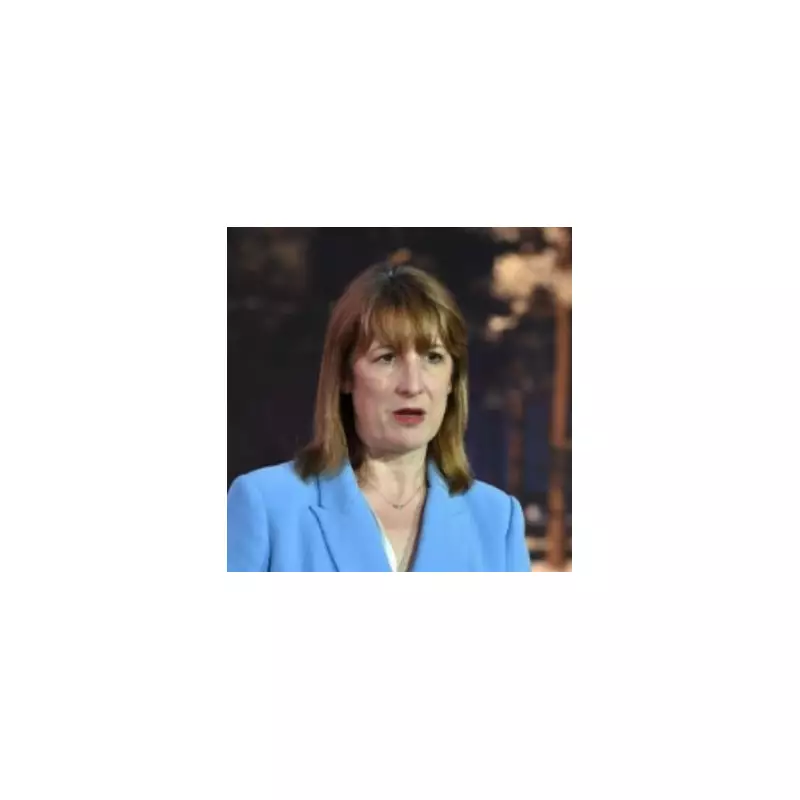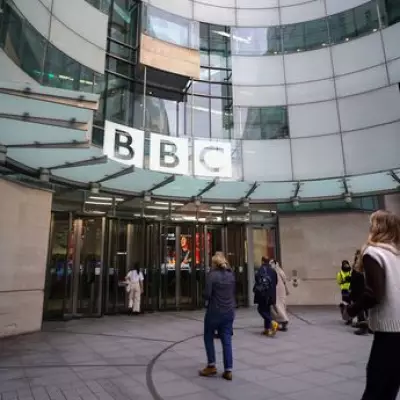
In a significant policy announcement that could reshape Britain's tax landscape, Shadow Chancellor Rachel Reeves has confirmed that Labour would target higher taxes for individuals earning more than £80,000 annually.
The senior Labour figure made her position clear during an exclusive interview with Birmingham Live, stating unequivocally that those with substantial incomes should contribute more to public services. However, in a move that may surprise some supporters, she firmly ruled out implementing a wealth tax if Labour forms the next government.
Drawing the Line at High Earnings
Reeves emphasised that Labour's approach focuses on income rather than accumulated wealth. "If you are lucky enough to earn over £80,000 a year, which is the top 5% of earners in this country, then I do think you should pay a bit more tax," she declared.
The proposed threshold aligns with the current point where the higher rate of income tax begins in England and Northern Ireland. This positioning suggests Labour intends to build upon existing tax structures rather than introducing radical new systems.
Wealth Tax Off the Table
In what may be seen as a centrist move, Reeves explicitly rejected calls for a wealth tax. "We're not proposing a wealth tax," she stated plainly, adding that such measures could prove "very difficult to implement and collect."
This position places Labour at odds with some progressive voices who have advocated for taxes on net worth rather than just income. Reeves instead positioned her party's approach as practical and focused on achievable revenue generation.
Broader Fiscal Strategy
The Shadow Chancellor outlined a comprehensive economic vision that extends beyond tax policy:
- Targeted support for households struggling with energy bills
- Investment in renewable energy infrastructure
- Reforms to business rates to support high streets
- Strengthening workers' rights and conditions
Reeves argued that her tax proposals represent a fair and balanced approach to addressing the country's fiscal challenges while maintaining economic stability.
Political Implications
This announcement comes as Labour maintains a strong lead in opinion polls ahead of the next general election. The party's tax policy is likely to become a central battleground in the coming political debate.
Conservatives have already criticised the plans as "anti-aspiration," while some on the left may argue they don't go far enough in redistributing wealth. Reeves appears to be striking a delicate balance between progressive principles and economic pragmatism.
The Birmingham Live interview provides one of the clearest indications yet of how a potential Labour government would approach taxation and public spending in the midst of an ongoing cost of living crisis.





